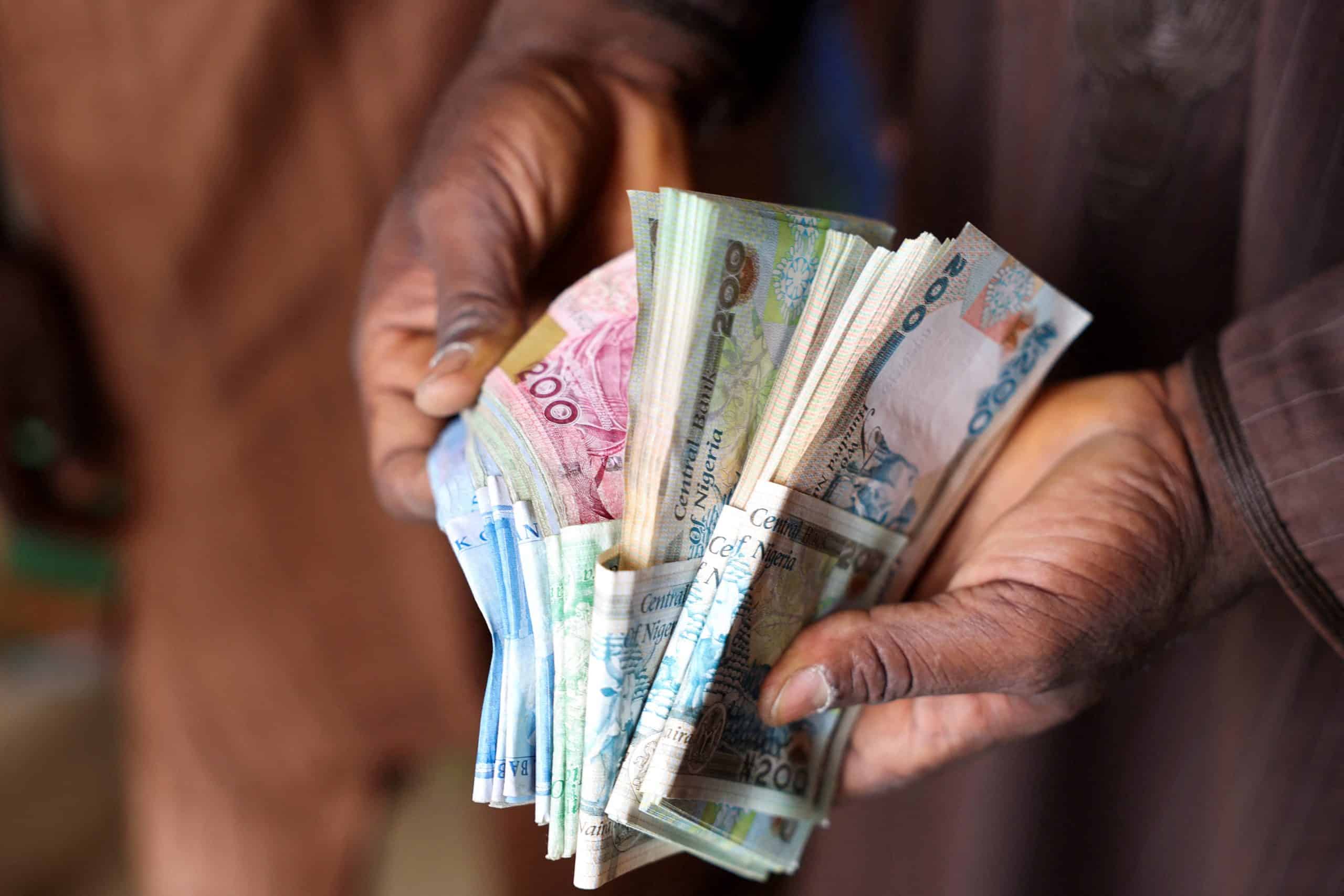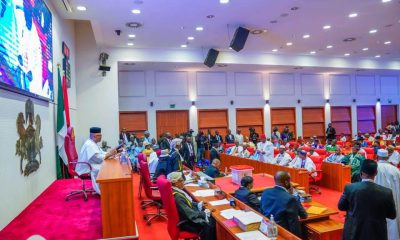Nigeria News
Reps Knocks CBN Over Old ₦200, ₦500, ₦1000 Validity

The Labour Party Caucus Leader in the House of Representatives, Afam Ogene, has criticized the Central Bank of Nigeria (CBN) for its lack of clarity regarding the use of both old and new Naira notes.
Ogene’s statement, released in Abuja on Friday, follows a recent clarification from the CBN after the Supreme Court modified its earlier ruling.
The CBN pointed out that the court’s latest decision did not specify a date when the old N200, N500, and N1000 notes would cease to be legal tender.
Earlier, on October 24, the House of Representatives had passed a motion, initiated by Ogene, urging the CBN to address the overlapping circulation of the old and new currency notes.
The motion, titled “Need for Central Bank of Nigeria to Sensitize Nigerians about the Non-Legal Status of Old Naira Notes from January 1, 2025,” sought to clear up confusion regarding the validity of both sets of notes.
Ogene acknowledged that there had been an “unintended factual error” in the motion, attributing it to the CBN’s lack of a clear policy direction.
He emphasized the House’s intervention was meant to provide clarity and directed its Committee on Banking Regulations to engage with the CBN on the matter, with a report expected within 21 days.
However, the CBN responded to the House resolution by stating that the motion was “calculated to disrupt the country’s payment system,” advising the public to ignore the information and referring to the Supreme Court’s latest decision.
Ogene questioned the rationale behind maintaining two different versions of Naira notes, asking, “Which country in the world runs its economy with two sets of unidentical currency notes?”
The lawmaker reminded that the CBN’s aim in introducing new notes was presumably to phase out the old ones eventually.
He also raised concerns about the deteriorating quality of currency notes dispensed by commercial banks, pointing out that citizens lose between N5,000 and N10,000 for every N100,000 withdrawn due to damaged notes.
Ogene concluded by urging the CBN to fulfill its responsibilities to the public, rather than hiding behind “legal ambiguities.”












